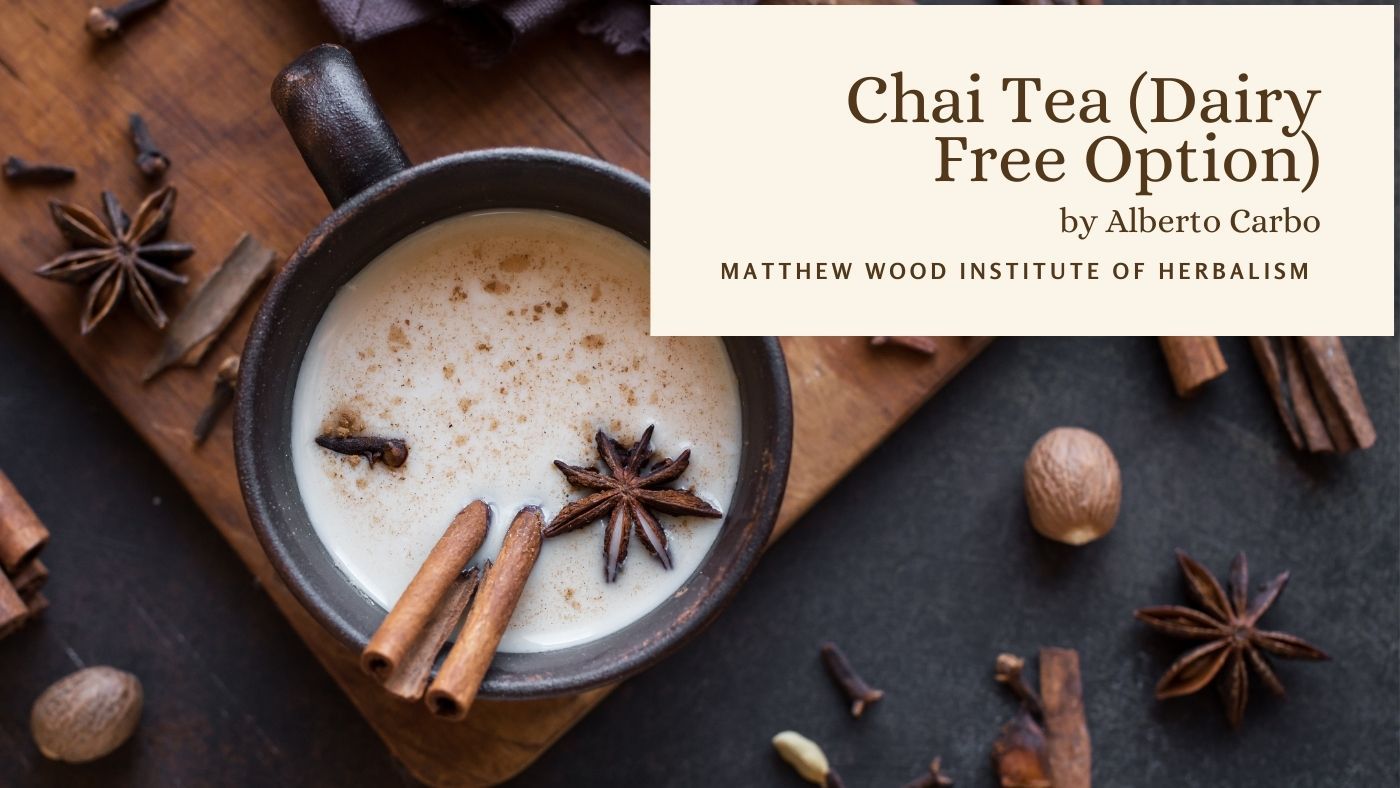Jump to Recipe
Hippocrates encouraged us to view food as our medicine, and his words have never rang as true as they do today. Contemporarily, we seemingly have more food choices available to us than ever before, however, this seems to have confused and overwhelmed many of us, and led us astray from our connection with the land that sustains us.
Whole foods are medicinal, nutritious, and free from preservatives and ingredients which are difficult for our body to process. Incorporating whole herbs into our culinary repertoire holistically supports our body’s ability to digest, assimilate, and eliminate. Furthermore, cooking with whole ingredients, encourages our connection and understanding of our internal and external environments, thereby facilitating our ability to support our health through our daily food choices.
Carminatives are the easiest medicinal herbs to incorporate into our cooking, and greatly beneficial, as they increase gastric secretions and encourage peristalsis. Some examples are cardamom, cinnamon, coriander, garlic, fennel, anise, cumin, black cumin, fenugreek, thyme, rosemary, sage, lavender, oregano, cayenne, basil, parsley, mustard, peppermint, ginger, and turmeric. There are endless ways of incorporating these plants into your culinary endeavors, and you can certainly find recipes from many ethnic backgrounds that include these wonderful herbs.
Check out the recent Herbs A to Z class to learn more about the Basic Principles of Ayurveda with Judy Lieblein. This is also a good example of a Combination Water Extraction which our teacher Lori Rose, PhD goes into detail about in the Herbal Medicine Making Intermediate/Advanced course.
Whole foods are medicinal, nutritious, and free from preservatives and ingredients which are difficult for our body to process. Incorporating whole herbs into our culinary repertoire holistically supports our body’s ability to digest, assimilate, and eliminate. Furthermore, cooking with whole ingredients, encourages our connection and understanding of our internal and external environments, thereby facilitating our ability to support our health through our daily food choices.
Carminatives are the easiest medicinal herbs to incorporate into our cooking, and greatly beneficial, as they increase gastric secretions and encourage peristalsis. Some examples are cardamom, cinnamon, coriander, garlic, fennel, anise, cumin, black cumin, fenugreek, thyme, rosemary, sage, lavender, oregano, cayenne, basil, parsley, mustard, peppermint, ginger, and turmeric. There are endless ways of incorporating these plants into your culinary endeavors, and you can certainly find recipes from many ethnic backgrounds that include these wonderful herbs.
Check out the recent Herbs A to Z class to learn more about the Basic Principles of Ayurveda with Judy Lieblein. This is also a good example of a Combination Water Extraction which our teacher Lori Rose, PhD goes into detail about in the Herbal Medicine Making Intermediate/Advanced course.
Chai Tea
As always make sure to forage for plants away from roads and pollution as much as possible. Never overharvest any plant, as they are of course not only here for our enjoyment, but also here for the insects, bees, and birds. Have fun out there!
**Permissions**
You’re welcome to share this blog post on social media and link back to it—please do! All images, photos, and written content are the creative property of the author and used with permission. If you’d like to reproduce or distribute any part of this content beyond social sharing, written permission is required.
**Disclaimer**
The information provided in this digital content is for educational purposes only and is not intended as medical advice, diagnosis, or treatment. It should not be used as a substitute for consultation with a qualified healthcare professional. Always consult a licensed healthcare provider before making any changes to your health regimen, especially if you are pregnant, nursing, taking medications, or have a diagnosed medical condition.
Matthew Wood, the Matthew Wood Institute of Herbalism, Earth to Stars Productions, and their employees, guests, affiliates, and collaborators assume no liability for the use or misuse of any information presented. The application of any material is solely the responsibility of the reader or participant.
Any descriptions of herbal or natural products, remedies, or techniques are for informational purposes only. These statements have not been evaluated by the Food and Drug Administration (FDA). This content is not intended to diagnose, treat, cure, or prevent any disease.
Participation in educational programs or use of this material does not confer certification, licensure, or professional qualification in herbal medicine or any healthcare field. Results or experiences described may vary and are not guaranteed.
This disclaimer shall be governed by and construed in accordance with the laws of Minnesota, USA, without regard to conflict of law principles.


